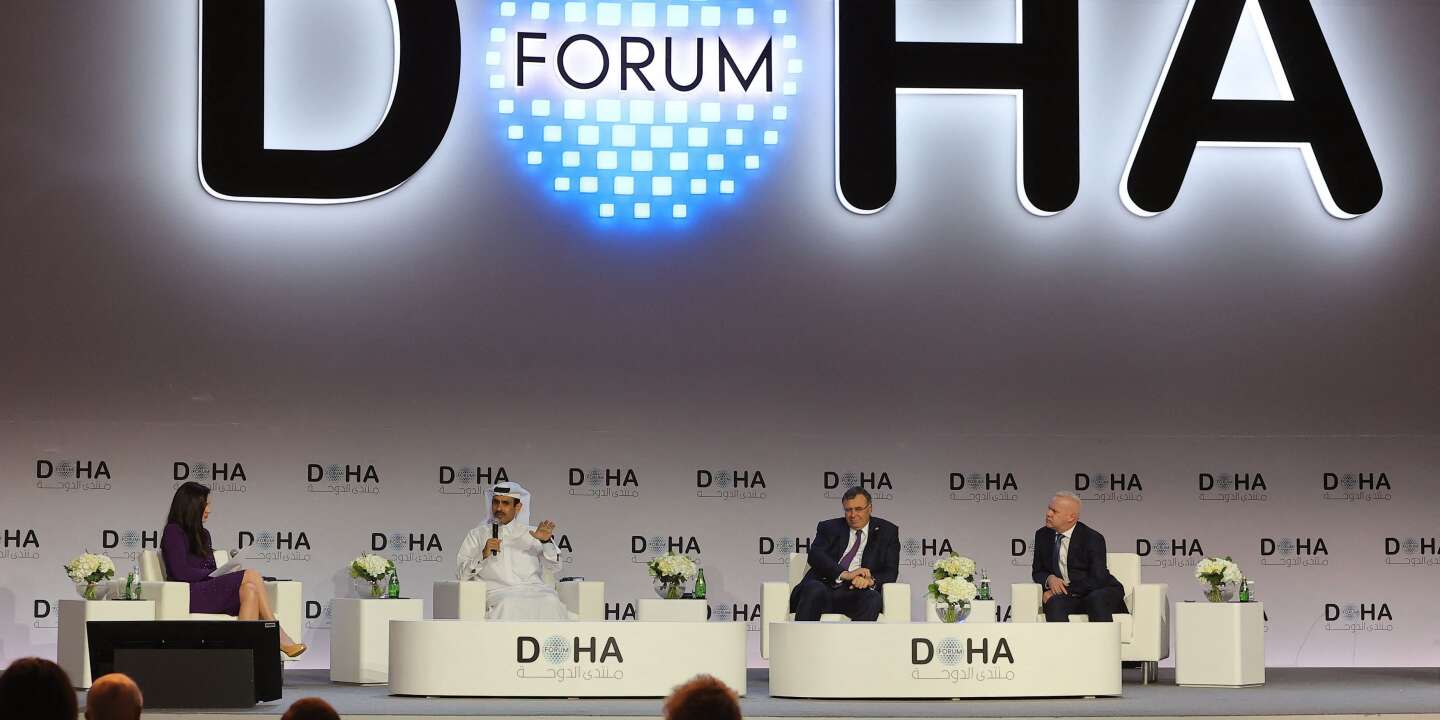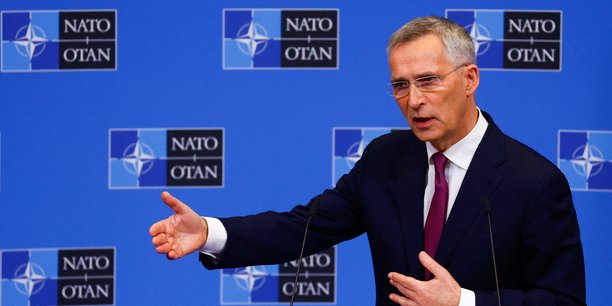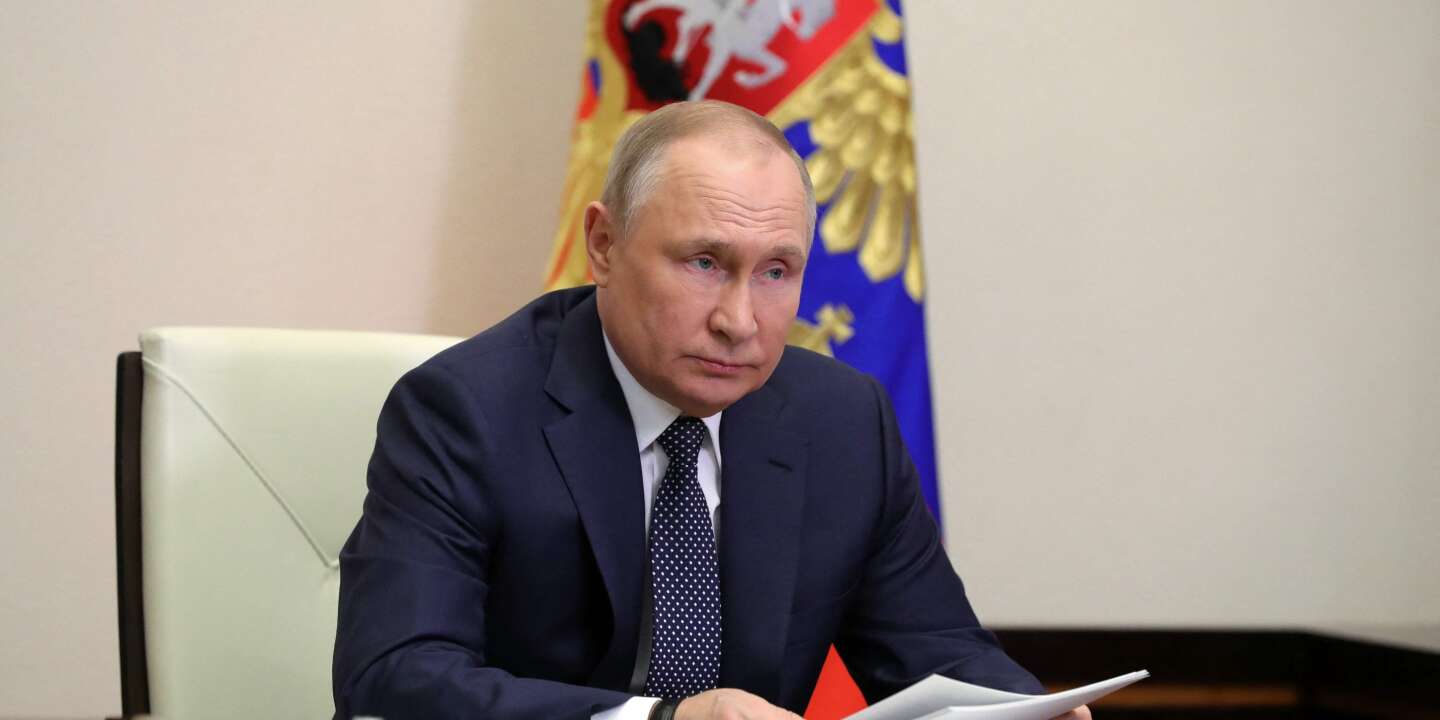

The Italian foreign minister on March 5, the German economy minister on March 20, the head of French diplomacy on March 28: Since the start of the war in Ukraine at the end of February, senior European officials have been parading in Doha. The prospect of a cessation of Russian gas purchases by European states has driven the emirate, the world’s third largest exporter of blue gold, to the heart of major geopolitical maneuvers to find an alternative to these imports.
The European Commission wants to cut the twenty-seven’s dependence on Russian gas by two-thirds and get rid of it completely “well before 2030”thanks to reserve filling obligations, energy savings, group gas purchases and diversification of suppliers.
When US President Joe Biden unveiled a plan on March 25 to supply Europe with 15 billion cubic meters of liquefied natural gas (LNG) by 2022, “in collaboration with international partners”, all eyes on the Old Continent were spontaneously focused on the city-state of the Arabian Peninsula. Qatar, a staunch ally of Washington and the second largest gas carrier by LNG carrier in the world after Australia, appears ideally placed on paper to meet the needs of Europeans.
Low profile
In reality, things are much more complicated. Saturday, March 26, on the podium of the Doha Forum, a high-level conference hosted in the principality, Qatari Energy Minister Saad Al-Kaabi admitted he had no panacea for the EU’s new energy fears. “Right now I don’t think we can help, he declared. No one can replace Russian gas overnight. It takes time. †
Nearly 90% of Qatar’s LNG production is exported under long-term contracts that are nearly impossible to terminate, mainly to Asia. Eight countries on this continent (South Korea, China, India, Japan, Pakistan, Taiwan, Bangladesh, Thailand) absorb 77% of Qatar’s liquefied gas exports. “It is not possible for us to divert freight to Europe, assures Saad Al-Kaabi. In our twenty-six years in business, we have never defaulted on a single contract. If you simply don’t honor one, your reputation will be tarnished. †
The very opulent emirate, at the head of the world’s third largest gas reserves, can it really do nothing? In their communication on this very sensitive topic, the Qatari authorities deliberately keep themselves inconspicuous for fear of attacking Moscow. Doha, which officially wants to be neutral in the conflict in Ukraine, but whose preferences for Kiev are no mystery – President Zelensky’s video intervention at the opening of the Doha Forum testified to this – need not become the ally of European sanctions. The peninsula’s chief diplomat, Mohammed Ben Abderrahmane Al Thani, visited the Russian capital in mid-March, where he met his counterpart, Sergei Lavrov.
You still have 33.65% of this article to read. The following is for subscribers only.



